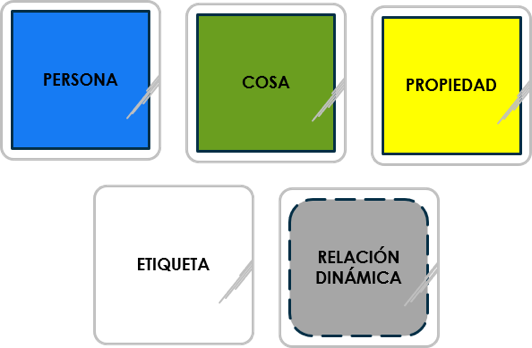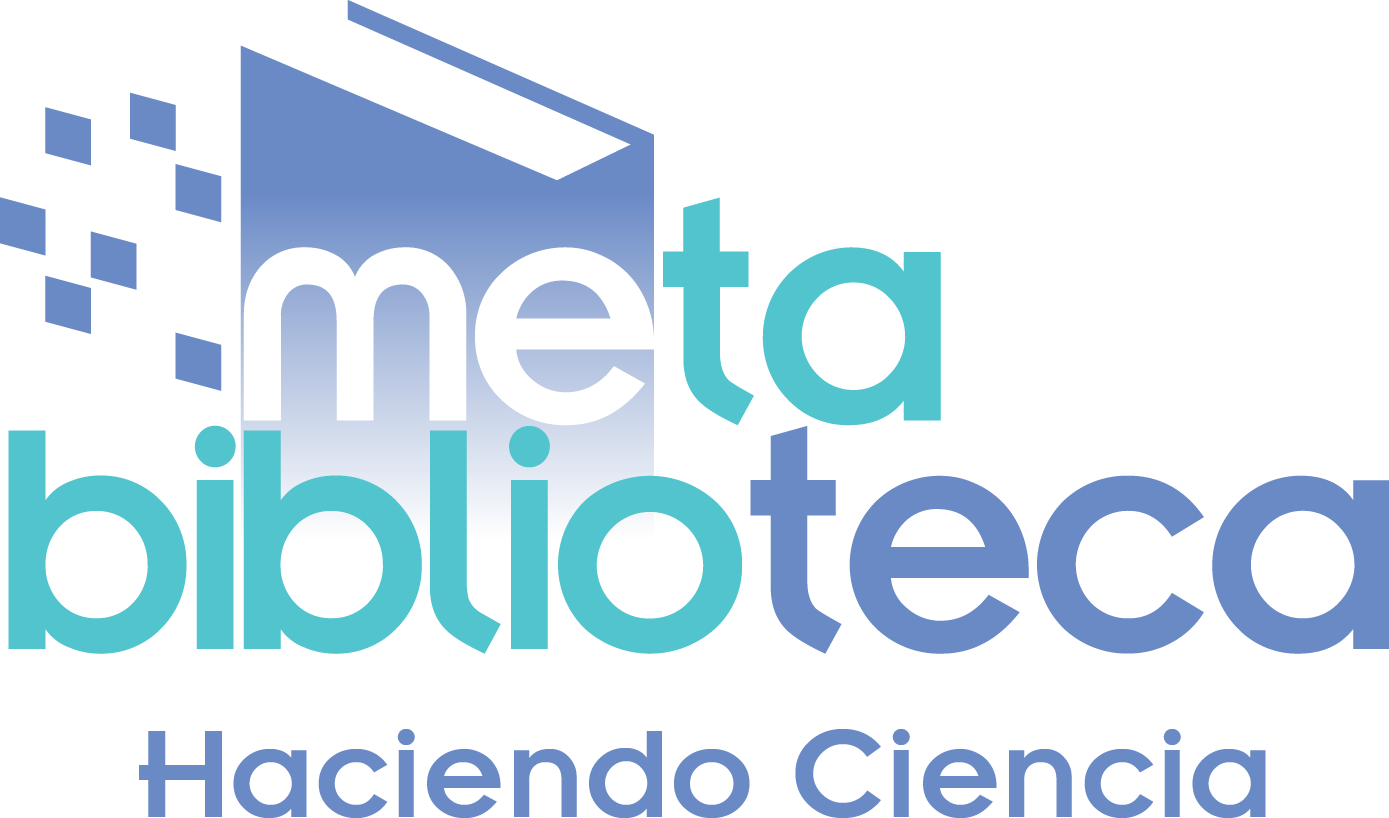Playful methodology for teaching requirements engineering based on preconceptual schemes
Metodología lúdica para la enseñanza de la ingeniería de requisitos basada en esquemas preconceptuales


This work is licensed under a Creative Commons Attribution-NonCommercial-NoDerivatives 4.0 International License.
Copyright statement
The authors exclusively assign to the Universidad EIA, with the power to assign to third parties, all the exploitation rights that derive from the works that are accepted for publication in the Revista EIA, as well as in any product derived from it and, in in particular, those of reproduction, distribution, public communication (including interactive making available) and transformation (including adaptation, modification and, where appropriate, translation), for all types of exploitation (by way of example and not limitation : in paper, electronic, online, computer or audiovisual format, as well as in any other format, even for promotional or advertising purposes and / or for the production of derivative products), for a worldwide territorial scope and for the entire duration of the rights provided for in the current published text of the Intellectual Property Law. This assignment will be made by the authors without the right to any type of remuneration or compensation.
Consequently, the author may not publish or disseminate the works that are selected for publication in the Revista EIA, neither totally nor partially, nor authorize their publication to third parties, without the prior express authorization, requested and granted in writing, from the Univeridad EIA.
Show authors biography
Software requirements are an essential part of the software engineering process. Sometimes, such requirements specifications may be inconsistent, incomplete or simply incorrect and are not detected in time in the requirements engineering phase. These requirements are obtained from communication with users; because of the natural language in which this communication usually takes place, it sometimes could be incorrectly interpreted. This problem can be minimized with a better teaching of the requirements engineering process by using a different methodology. Traditional methodologies and class projects alone have proven not to be suitable for teaching the software process; that is why a playful methodology for teaching and learning the construction of software requirements based on Pre-conceptual Schemes is proposed here.
Article visits 1313 | PDF visits 841
Downloads
- Chatzoglu, P; Macaulay, L.A. (1995). Requirements capture and analysis: the project manager’s dilemma, International Journal of Computer Applications in Technology 8.
- Chaverra, J. (2011). Generación automática de prototipos funcionales a partir de esquemas preconceptuales, tesis (Título Magister en Ingeniería –Ingeniería de Sistemas), Colombia, Universidad Nacional de Colombia, Sede Medellín, 155 pp.
- Christel, M., Kang, K. (1992). Issues in Requirements Elicitation, Technical Report CMU/SEI-92-TR-12, ESC-TR-92-012.
- Crespo, A. (2017). Ingeniería de requisitos, Facultad de Ingeniería, Universidad de Cartagena. 23 pp.
- Goguen, J.A. (1994). Requirements Engineering as the reconciliation of social and technical issues, in Jirotka, M. and Goguen, J. (Eds.), Requirements Engineering: Social and Technical Issues, Academic Press, pp. 165-200
- Herlea, D.E. (1999). Challenges in Requirements Engineering.
- Institute of Electrical and Electronics Engineers (1998), IEEE Recommended Practice for Software Requirements Specifications, IEEE Std 830-1998, Institute of Electrical and Electronics Engineers, New York, Unite States.
- Macaulay, L. (1996). Requirements Engineering, 2nd Edition. Springer-Verlag London Limited, pp. 1-21.
- Sommerville, I. (2004). Software Engineering. Pearson Editorial
- Wahono, R. (2003). Analyzing Requirements Engineering Problems. IECI Japan Workshop 2003, pp. 55-58. Japan
- Zapata, C., Gelbukh, A., Arango, F. (2006). Pre-conceptual Schema: a Conceptual-Graph-like Knowledge Representation for Requirements Elicitation. MICAI 2006: Advances in Artificial Intelligence: 5th Mexican International Conference on Artificial Intelligence, Apizaco, Mexico, November 13-17, Proceedings pp. 27-37
- Zapata, C. (2007). Los juegos de clase no tecnológicos como una estrategia didáctica para la enseñanza de la ingeniería de software. Trabajo de promoción presentado como requisito parcial para la promoción a la Categoría de Profesor Asociado. Universidad Nacional de Colombia, Medellín.
- Zapata, C. y Arango, F. (2007). Construcción automática de esquemas preconceptuales a partir de lenguaje natural. Informe Final del Proyecto de Investigación. C.M. Zapata (Ed.), Medellín, Colombia.




